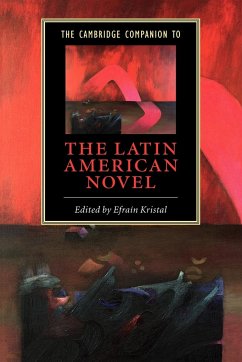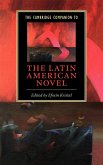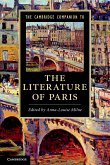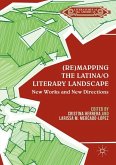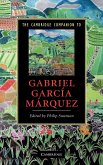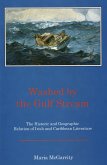The diverse countries of Latin America have produced a lively and ever evolving tradition of novels, many of which are read in translation all over the world. This Companion offers a broad overview of the novel's history and analyses in depth several representative works by, for example, Gabriel García Márquez, Machado de Assis, Isabel Allende and Mario Vargas Llosa. The essays collected here offer several entryways into the understanding and appreciation of the Latin American novel in Spanish-speaking America and Brazil. The volume conveys a real sense of the heterogeneity of Latin American literature, highlighting regions whose cultural and geopolitical particularities are often overlooked. Indispensable to students of Latin American or Hispanic studies and those interested in comparative literature and the development of the novel as genre, the Companion features a comprehensive bibliography and chronology and concludes with an essay about the success of Latin American novels in translation.
'No corner of the continent remains untouched in the Cambridge Companion. ... This much-needed book ... illuminates the literary contribution to the Spanish-speaking nations of the western hemisphere and Portuguese-speaking Brazil, while offering a broad overview of the novel's history and a sense of its heterogeneity.' The Times Literary Supplement

